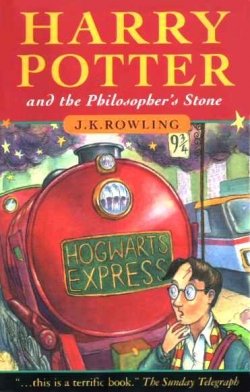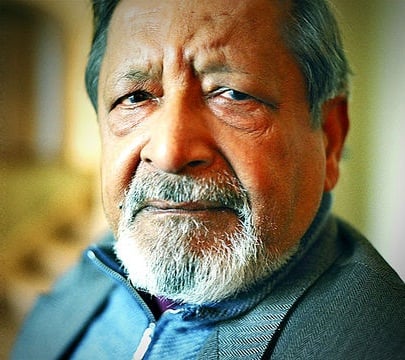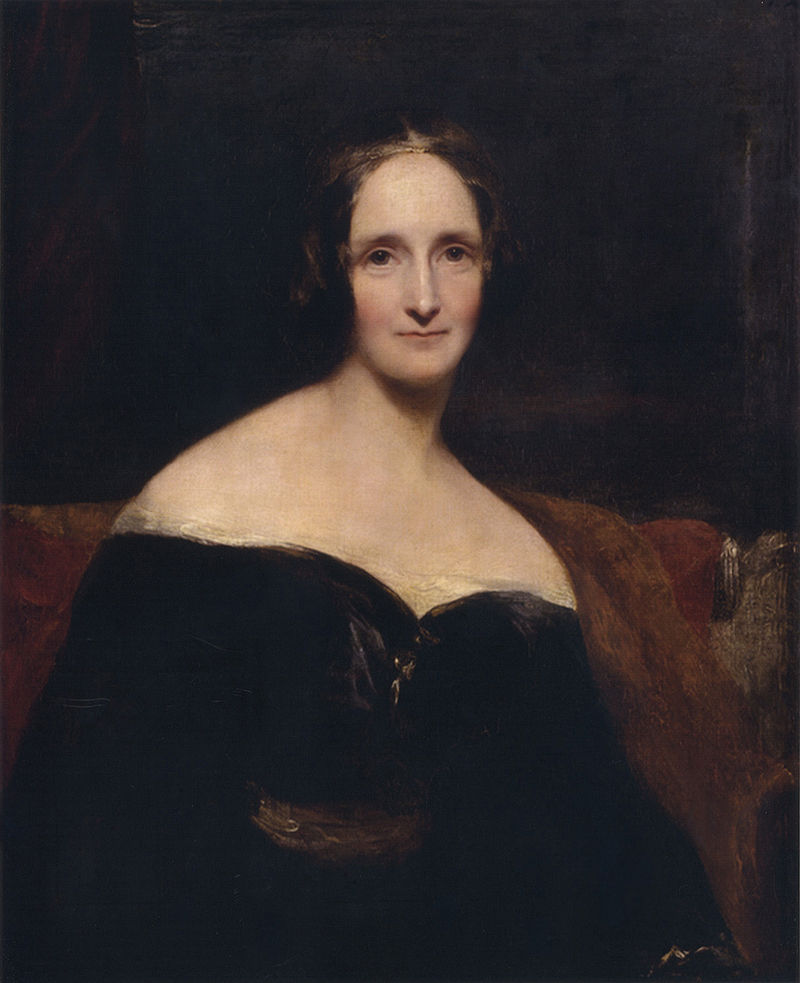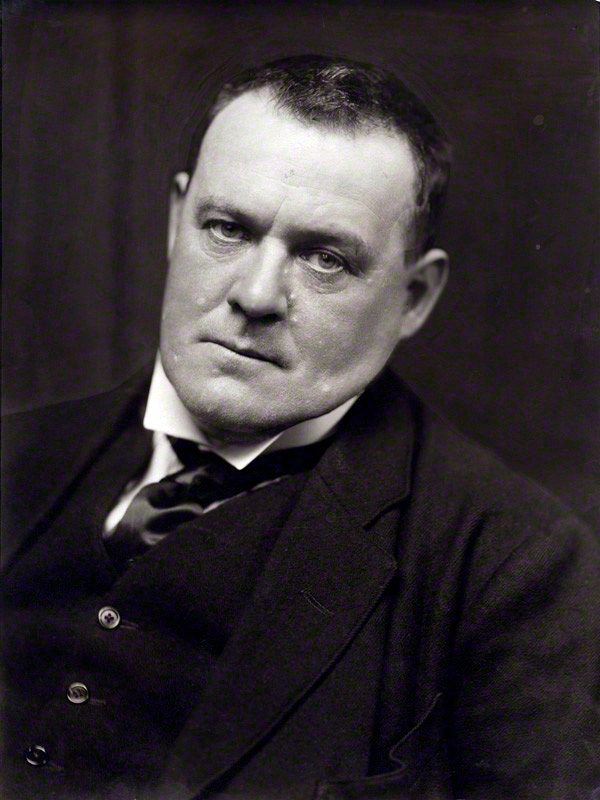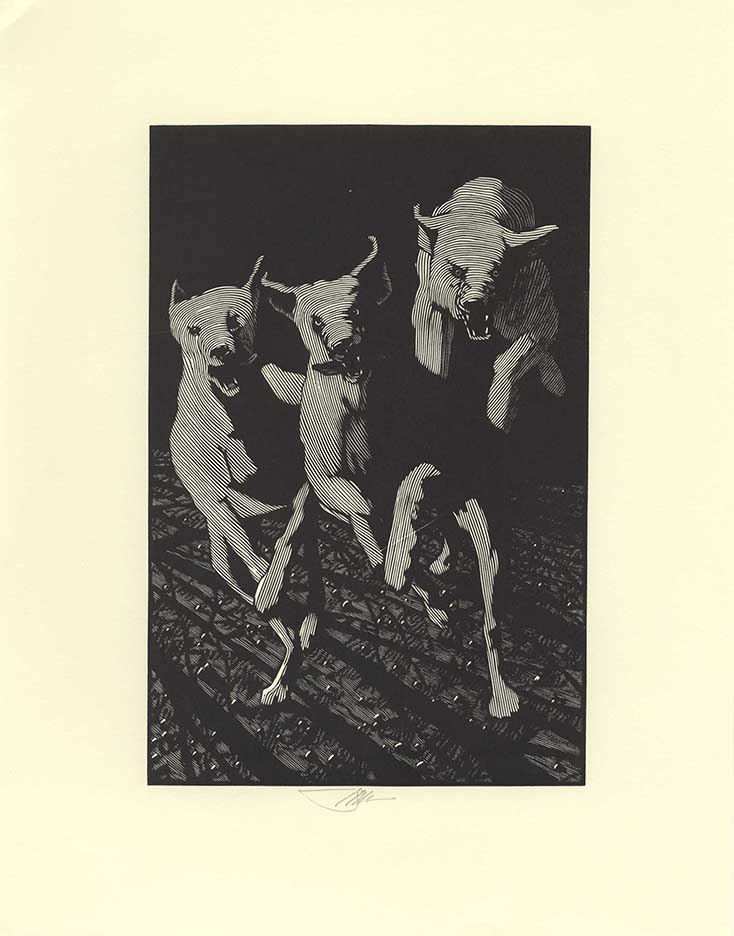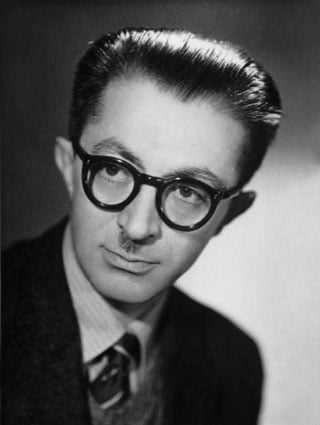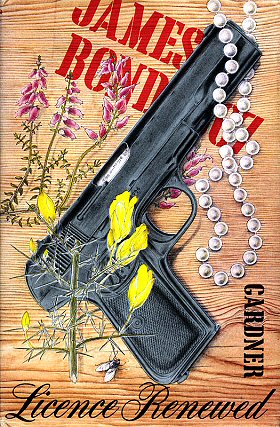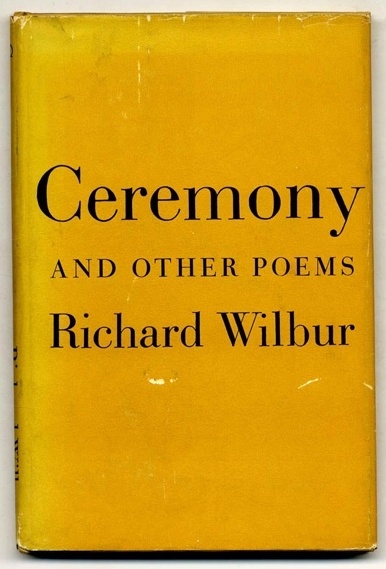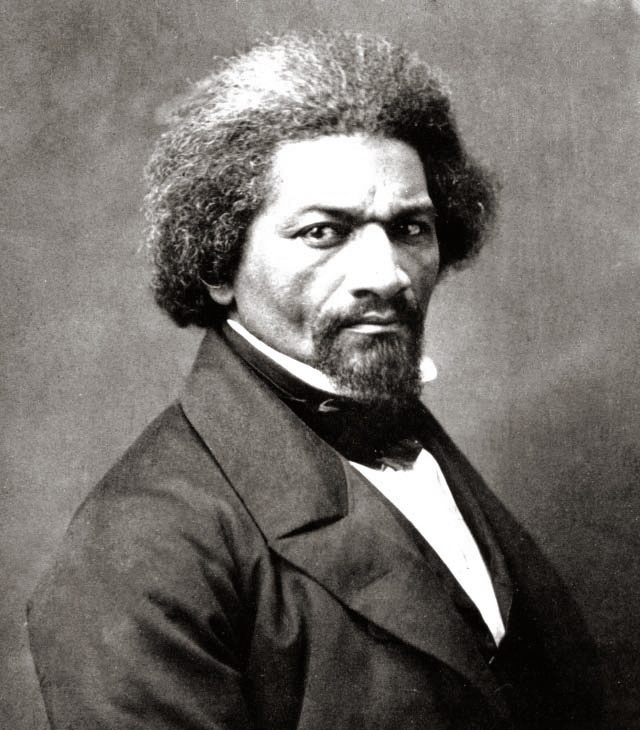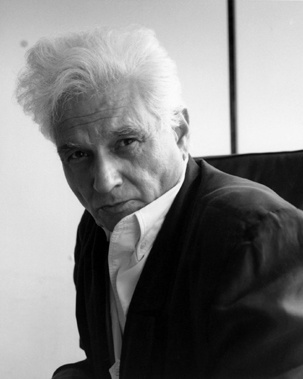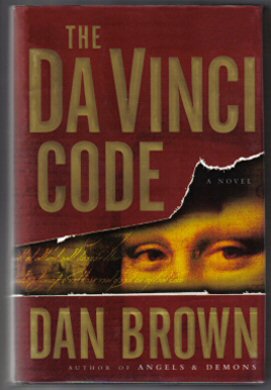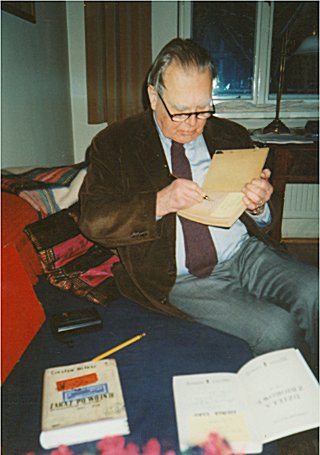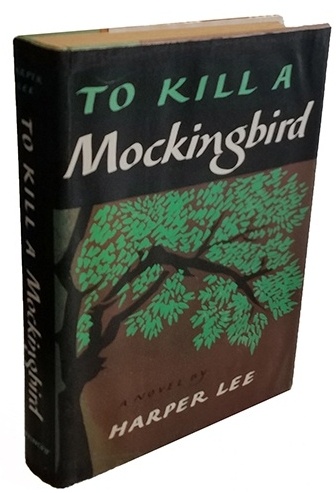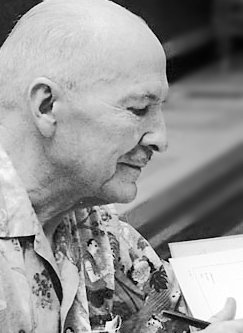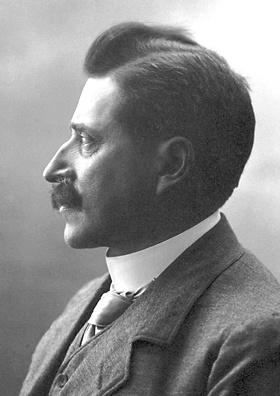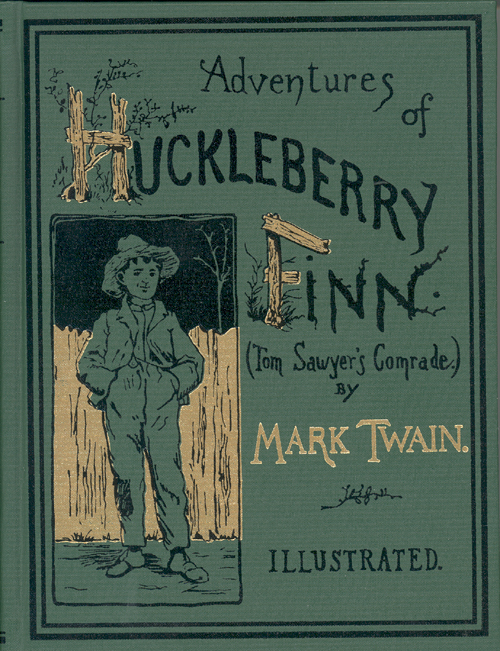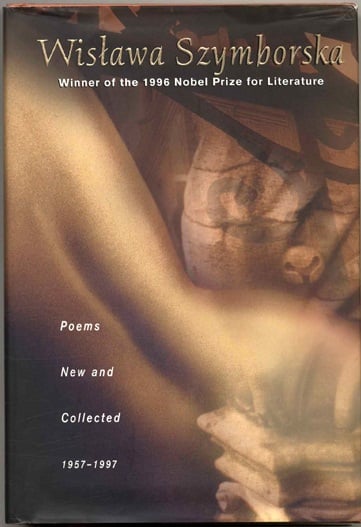In Chapter Four of Harry Potter and the Philosopher’s Stone (known to many American readers as Harry Potter and the Sorcerer’s Stone), the gentle giant, Hagrid—keeper of keys and grounds at Hogwarts—presents Harry with a “large, sticky chocolate cake” for his eleventh birthday. Twenty years have passed since that first book in the Harry Potter series was published. We’ve all celebrated lots of birthdays since then. We’ve all grown—some of us “up” and some of us “old.” And in that time, the beloved character, Harry, has grown as well.
us toll free: 1-800-948-5563 international: +1 (843) 849-0283 UK: +44 (0) 1334 260018




